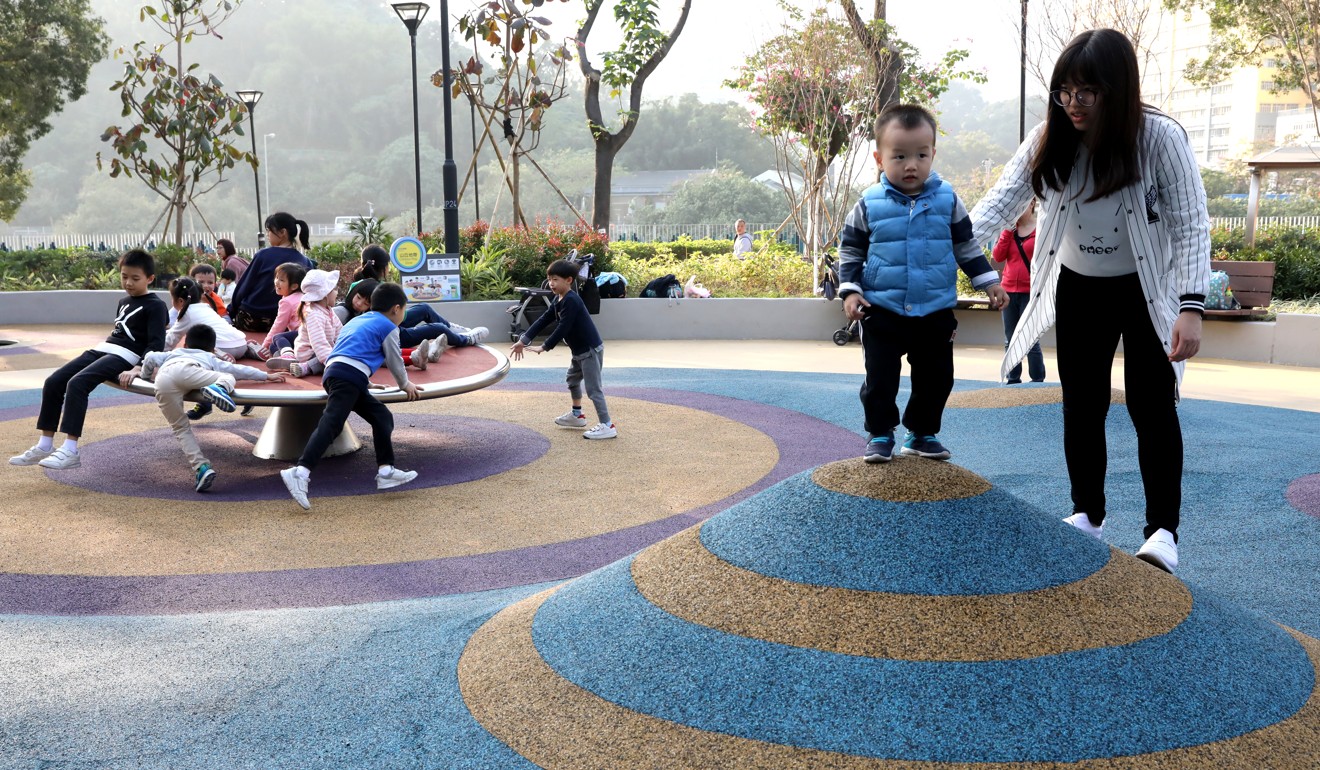
Hong Kong parents: an hour a day of playtime is your child’s right and a critical part of well-being
- Are we raising children to be happy or to fulfil our preconceived notions of success?
How often do you hear parents telling their children, “it’s for your own good”?
We all want the best for our children, because we want them to follow their dreams, be successful, and ultimately find happiness. But do we really know how to raise a happy child?
Some parents’ definition of happiness is closely related to financial success because they believe it is part and parcel of attaining a comfortable life, which they assume is a contributory factor to being happy. This means they often place emphasis on raising a “successful” child rather than a happy one. As a result, parents often exercise an unnecessary amount of control over their children’s lives.
But if you ask me what makes a child happy, I say it is most important to provide a carefree, non-judgmental environment that allows a child the time and space to be, well, a child. This means encouraging them to embrace and enjoy a genuine childhood. And the right way to go about this is to give them sufficient playtime.

According to Unicef, a child needs more than an hour of daily playtime. That means genuine interaction with peers and total freedom to decide how they want to spend it, without adult interference. It must also be emphasised that quality playtime does not include being glued to electronic devices.
Sadly, this is not the case for Hong Kong children. A 2017 study by the local YWCA found less than 50 per cent enjoyed this amount of playtime. Some 24 per cent had less than an hour, and 9 per cent had none at all.
How turn children’s playtime into a fun way to maintain and style your home
A busy schedule is not a problem exclusive to adults. Many pupils also have solidly packed days, mostly due to the competitive nature of our education system. With the little downtime they do have, local children often spend their after-school hours on leisure activities that then turn into competitive tasks. Parents sign their children up for music lessons not to nurture their artistic talent, but to increase their competitive edge in securing a coveted spot at the best schools and universities.

Hong Kong children are being brought up to be “winners” rather than happy. Their parents believe that to be successful in life, they must not be left behind and should “win at the starting line”.
Nelson Lin, a former president of Junior Chamber International Kowloon and an advocate of child welfare, believes giving youngsters sufficient playtime goes a long way to nurturing their inquisitiveness and motivation to learn.
Number of child abuse cases in Hong Kong hits 14-year high
“This kind of freedom is essential to nurturing their independence, self-worth, and self-confidence. It encourages self-exploration and allows children to find their own happiness,” he says.
Piling on too much academic pressure is no different to child labour. This may sound outlandish, but government figures show Hong Kong students at both the elementary and secondary level spend an average of 55 hours per week in school or on school-related activities.

Parents tend to have a preconceived idea that because they live in an increasingly competitive world, they must protect and prepare their children, and adequately equip them for a competitive future. Their motives may be well-intentioned, but the outcome is an alarmingly distorted view of child-rearing.
Chinese children miss out on winter holiday as parents send them back to class
Parents must recognise they are raising a child, not an adult. They must not forget that fundamental happiness, for a child, is simply about being loved and free. This means living without fear, inhibition, or other negative emotions. This is a child’s version of pure and unadulterated happiness.
When a child is allowed to spend time in charge of their lives for a limited amount of time each day, it helps them feel they are trusted, loved, and free of pressure. Playing with others helps them build connections with peers, and goes a long way to promoting lifelong emotional well-being.

As a result, they feel connected with the world outside and with themselves inside. Playtime therefore lays the groundwork for a healthy and confident adulthood, which is the key to long-term happiness.
Loving parents should be committed to allowing their young ones to grow up properly by granting them a meaningful and memorable childhood and not rushing them to become adults. Proper playtime is a child’s birthright and not some trophy that needs to be earned and awarded.
The issue is no child’s play – it is a serious part of child-rearing that has a significant impact on early and later life development.
Luisa Tam is a senior editor at the Post

